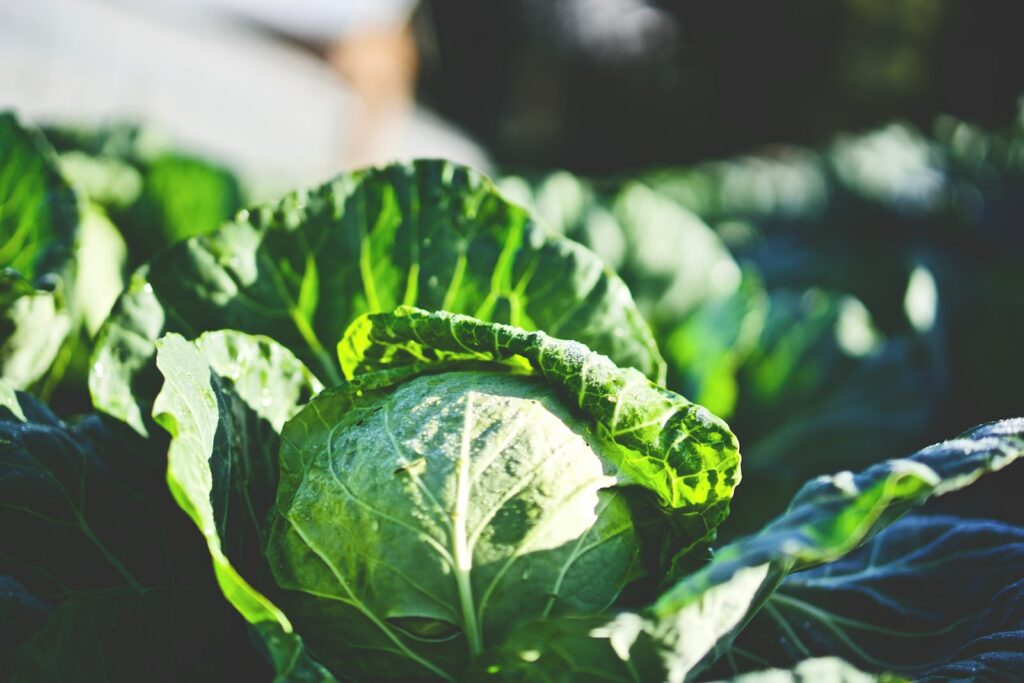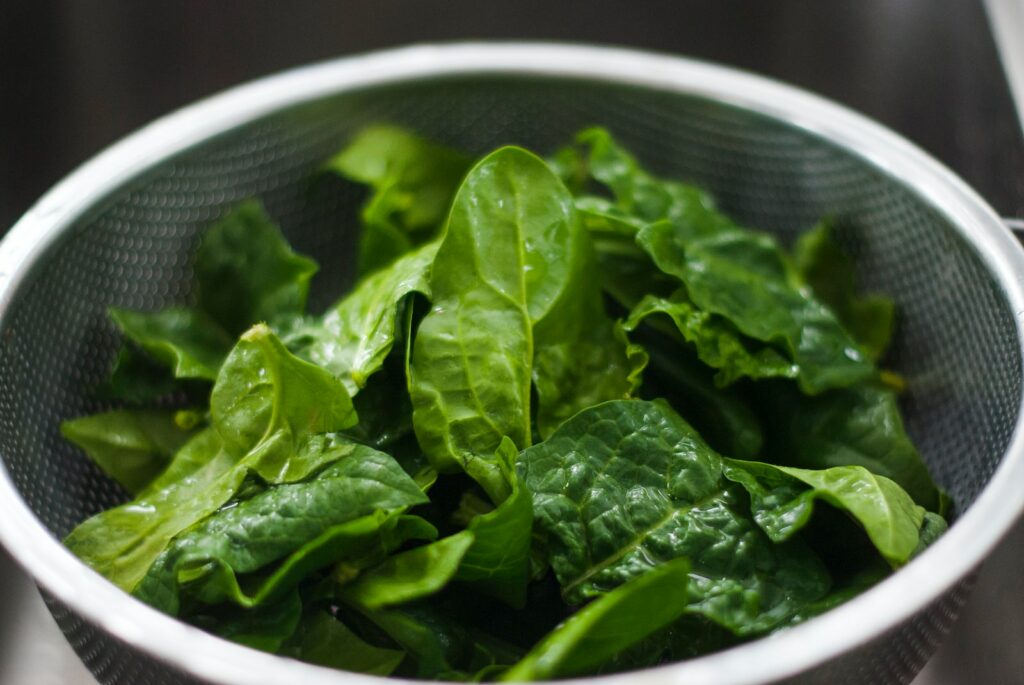
Cabbage is one of the most versatile and nutritious vegetables available in New Zealand. Not only is cabbage packed with essential vitamins and minerals, it is also low in calories and low in fat. This makes it a great choice for those looking to maintain or lose weight, as well as for those who are looking for an easy, tasty way to get their daily intake of vegetables. With its mild, slightly sweet taste, cabbage is popular for use in salads, soups, and stir-fries. It can also be cooked or steamed for a low-calorie side dish. Read on to learn more about why cabbage should be included in your diet.
Nutritional Information on Cabbage
Cabbage is an excellent source of vitamins and minerals, including vitamin C, vitamin K, folate, and potassium. It also contains dietary fiber, which can help keep you feeling full and satisfied. One cup of cooked cabbage provides more than 50% of the daily recommended intake of vitamin C, as well as more than 20% of the daily recommended intake of vitamin K and folate. In addition, cabbage also provides healthy amounts of potassium, magnesium, and iron. All of these nutrients are important for healthy cell growth and maintaining good health.
Cabbage is also low in calories and fat – one cup of cooked cabbage has only 35 calories and 0 grams of fat. This makes cabbage ideal for weight loss or weight maintenance. It is also a good source of dietary fiber, which can help keep you feeling full for longer and reduce your overall calorie intake.
Health Benefits of Eating Cabbage
Due to its high vitamin and mineral content, cabbage has many health benefits. Its high vitamin C content helps to support the immune system and its anti-inflammatory properties can reduce the risk of certain chronic illnesses. Eating cabbage can also help to reduce cholesterol levels and improve heart health, as it contains antioxidants and fiber which can help to lower cholesterol. Cabbage is also a great source of dietary fiber, which can help to prevent constipation and improve digestive health.
The vitamin K in cabbage is important for maintaining good bone health – it helps to build strong bones and prevent fractures. Eating cabbage can also help to reduce the risk of certain types of cancer, as it contains antioxidants, phytochemicals, and isothiocyanates which can help protect against cancer-causing agents. Studies have also suggested that the sulforaphane in cabbage can help to protect against certain types of cancer.
Uses of Cabbage
Cabbage can be used in a variety of recipes. It can be enjoyed raw in salads, steamed or boiled as a side dish, or cooked in stir-fries and soups. Cabbage is also a great addition to wraps and sandwiches. For an easy and healthy snack, try adding chopped cabbage to your favorite yogurt. Here are some nutritious ideas for incorporating cabbage into your diet:
- Add chopped cabbage to a salad made with your favorite ingredients.
- Add shredded cabbage to a wrap or sandwich for a crunchy texture.
- Sauté shredded cabbage with onions and garlic for a flavorful side dish.
- Cooked cabbage makes a delicious addition to soups and stews.
- Add shredded cabbage to your favorite yogurt for a healthy snack.
Cabbage is a versatile and nutritious vegetable that is available all year round. It is packed with essential vitamins and minerals and is low in calories and fat. It has many health benefits, including reducing the risk of certain cancers, improving heart health, and supporting bone health. The mild, slightly sweet taste of cabbage makes it a great addition to salads, soups, stir-fries, and wraps. Whether you are looking to lose or maintain weight, or just want to get your daily intake of vegetables, cabbage is a great way to do it.


